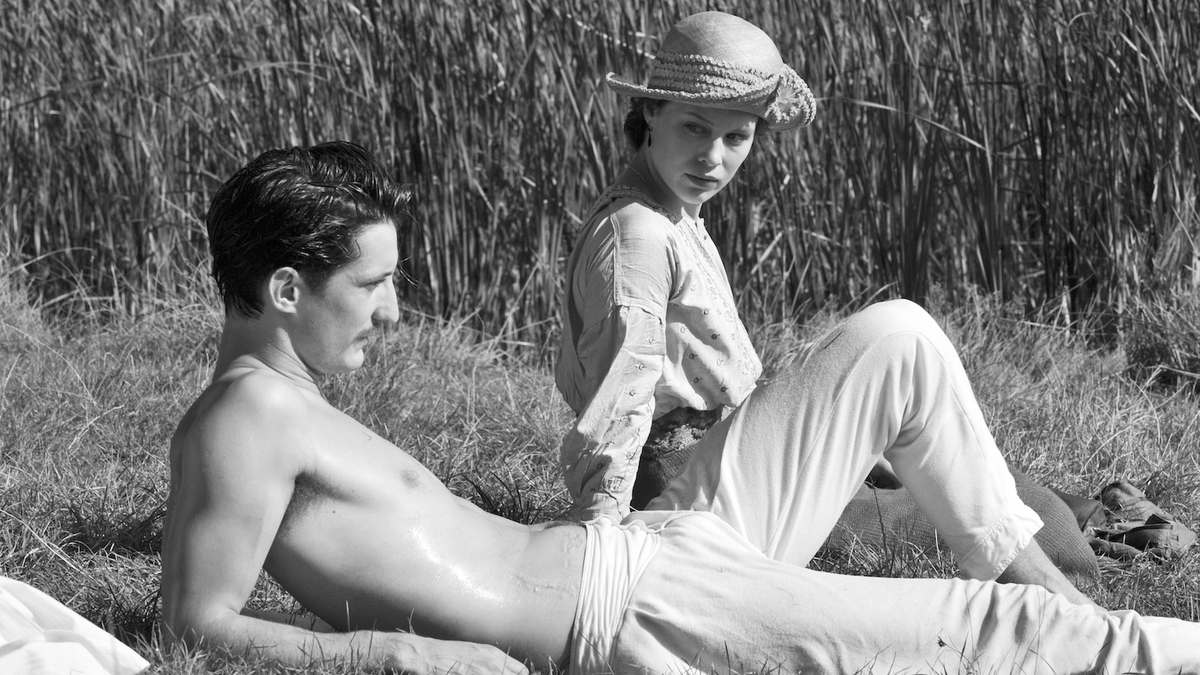APRIL 6, 2017
“Frantz” is a foreign-language period film that’s shot in black-and-white, a combination that would usually doom any chance of popularity in the U.S. from the get-go. But this awards-laden import, based on critical support and strong early box-office, will nevertheless be opening in select cities across the U.S. this weekend. And there’s a good reason for that.
Directed by François Ozon, who is not exactly a household name in the U.S. but who is acclaimed around the world as one of the most accomplished gay directors in the world, has, throughout his career, treasured the gifts of iconic older actresses (much like Ryan Murphy, the creator of such American TV series as “American Horror Story” and the current “Feud: Bette vs. Joan”). However, Ozon is much more interested in creating films that reflect a gay sensibility rather than dealing with homosexuality itself.
Working with a younger cast in “Frantz,” Ozon has succeeded spectacularly. Loosely based on the 1932 film “Broken Lullaby,” one of the rare dramas directed by comedy master Ernst Lubitsch, “Frantz” is set in a small German town in 1919. Anna (Paula Beer) has been grieving over the death of her fiançé Frantz, who was killed in battle in World War I. Despite his death, Anna is still especially close to Frantz’s parents, Doktor Hoffmeister and his wife Magda, who treat Anna like a daughter.
During one of her daily visits to Frantz’s grave, Anna comes upon Adrian (Pierre Neney), a scrawny Frenchman who was good friends with Frantz before the war despite being on opposite sides later on. But everything is not sweetness and light in this German town. Resentments between the people of Germany and France were still raw by this time, so when Anna brings Adrien to meet Frantz’s parents, Doktor Hoffmeister throws this Frenchman out, even if Adrien was a friend of his son. Not surprisingly, the reaction against Adrien’s presence is even more resented by the townspeople, especially a lug named Kreutz (Johann von Bulow), whose attraction to Anna is definitely not returned.
As Adrien begins to realize that Anna is growing closer emotionally to him, he knows that he must deal with a personal secret regarding Frantz and Adrien that he feels obligated to share with Anna before any relationship can deepen any further.
As a moviegoer, if you happen to know that Ozon is gay, you could be forgiven if you jump to the conclusion that the big secret of Adrien and Frantz involves something romantic. But Ozon has never been that obvious, and the dark secret that Adrien finally reveals is unexpected and simply heartbreaking.
“Frantz” takes its time telling its story during which time Ozon captures the quiet feeling of resentment that still lingered between former rival countries. As the mystery deepens, Ozon fleshes out the milieux in which the drama takes place with costumes and production design that are spot on, and black-and-white cinematography by Pascal Marti that is just gorgeous.
“Frantz” is a modest film by Ozon’s usually-lavish standards, but in its own quiet way, it packs a tough emotional punch.
GRADE: B+












